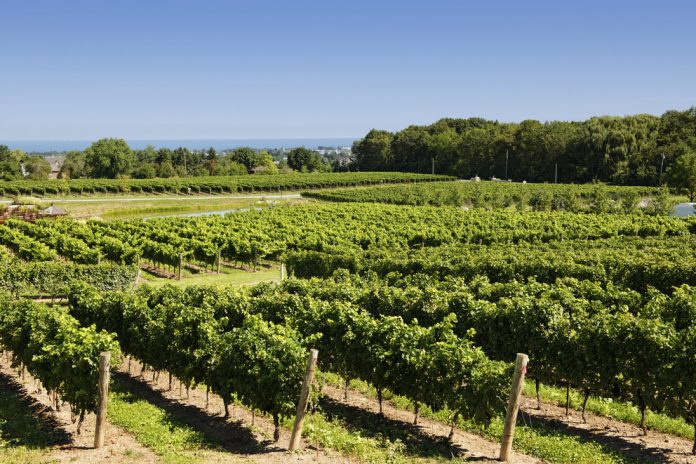The Agriculture Committee approved the first batch of proposals to improve EU farm policy so that it better meets farmers’ and consumers’ expectations.
The first vote on CAP reform focussed on the new EU rules for common market organisation (CMO) in agricultural products after 2020. The Agriculture Committee’s amendments to the so-called CMO regulation were approved on Monday by 29 votes in favour to seven against, with one abstention.
Extending supply management and volume reduction scheme to all sectors
The current scheme, which grants aid to dairy farmers who voluntarily produce less in times of severe market imbalances in an effort to stabilise prices, should be extended to all sectors, MEPs believe. If the situation does not improve, the Commission should be tasked with imposing a levy on all producers who increase their deliveries, says the adopted text.
MEPs also want to extend current rules, which allow time-limited regulation of supply of geographically protected cheeses, hams and wines, to all other products that benefit from protected geographical indication (PGI) or protected designation of origin (PDO).
More transparency, better crisis management, wider safety net
To improve market transparency and be thus better prepared for potential market turbulence, MEPs suggest setting up a single EU observatory for agricultural markets, that would focus on a wide range of sectors, including cereals, sugar, olive oil, fruits and vegetables, wine, milk and meat. The observatory should collect statistical data on production, supply, prices, profits, imports and exports, and issue early market disturbance warnings, they say.
MEPs also want to widen the market safety net by allowing public intervention (a market management tool used when prices drop beyond a certain level) for new products, such as white sugar, sheep meat, pig meat and chicken.
Wine: Planting authorisations prolonged, more information on wine labels
MEPs want to prolong the vine planting authorisation scheme until 2050 and insist that nutritional information, or at least energy values, should be added to wine labels.
“While farmers are facing significant income problems related to price volatility and the downstream concentration, the Commission proposed only very limited administrative reform, not reacting adequately to these problems. My goal is to create effective mechanisms to prevent and better manage agricultural crises, to effectively respond to price volatility, and to make sure farmers can benefit from a fairer and more stable income, which would allow them to invest more in the ecological transition that consumers are asking for. Like the EU, the CAP must be reformed to better respond to future challenges”, said rapporteur Eric Andrieu (S&D, FR).
The text approved by Agriculture Committee MEPs has to be scrutinised by the Parliament as a whole. This can happen only after the 23-26 May European elections. The Conference of Presidents (EP president and leaders of political groups) may decide then to forward the text to the full House. Otherwise, the new Agriculture Committee will have to look into the matter again.

